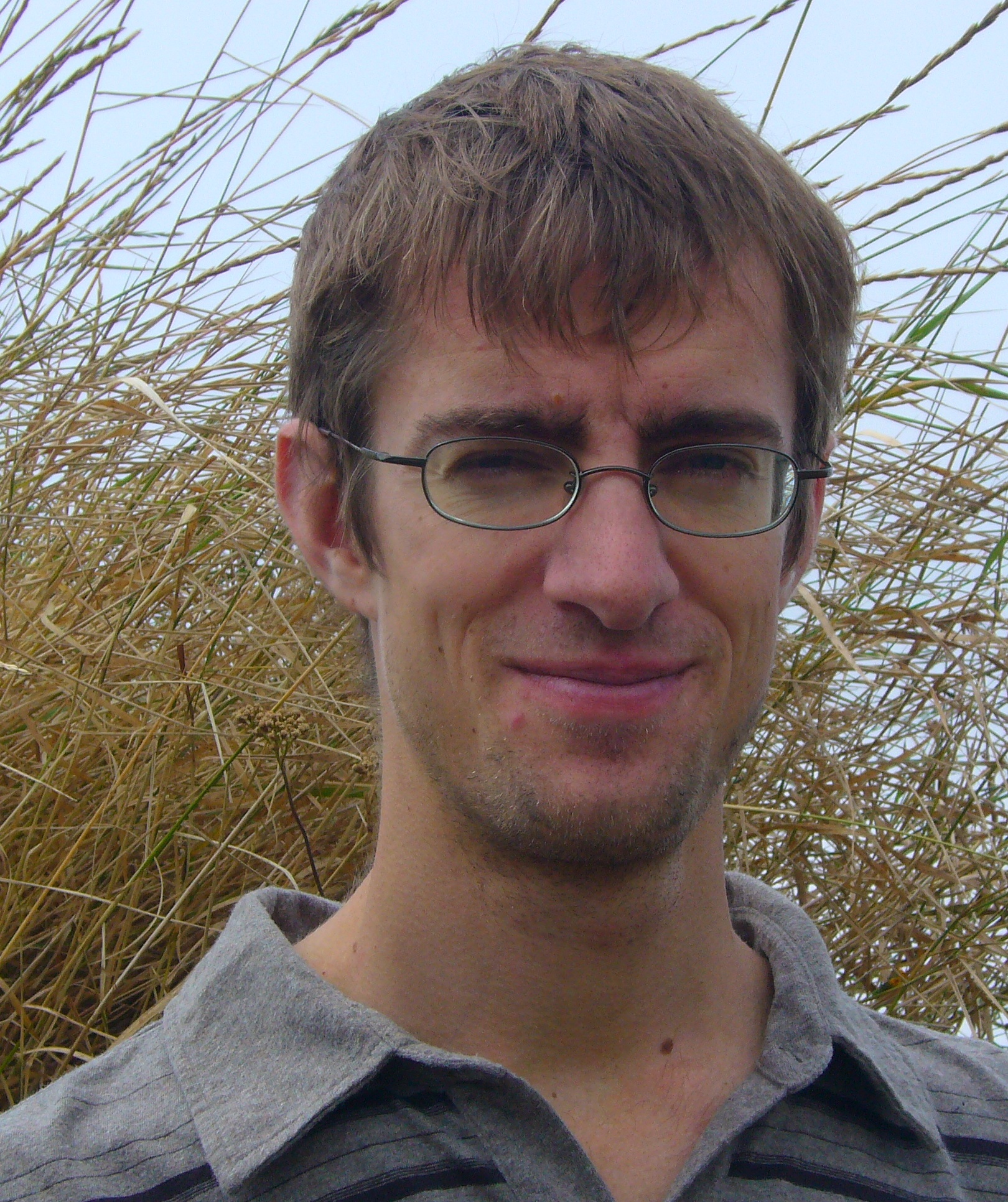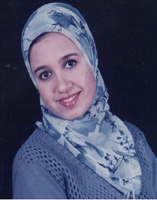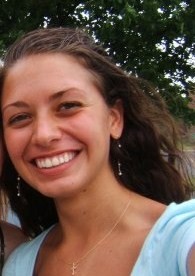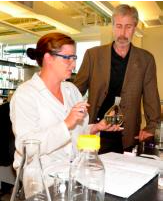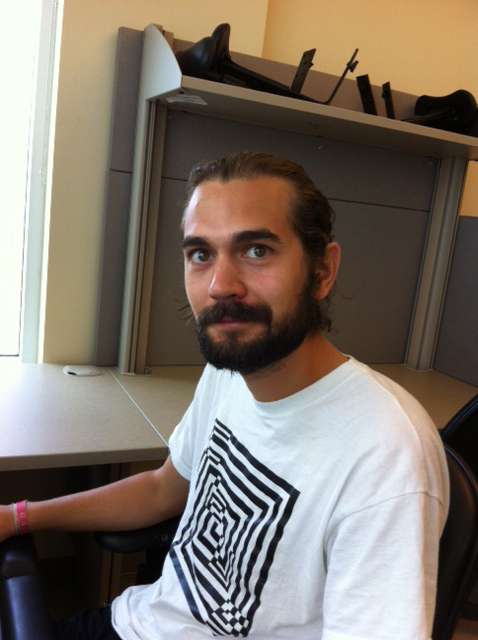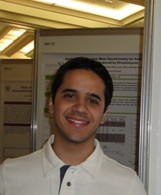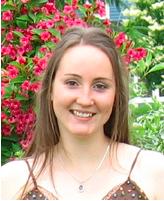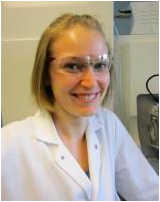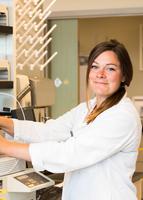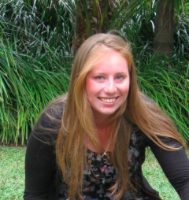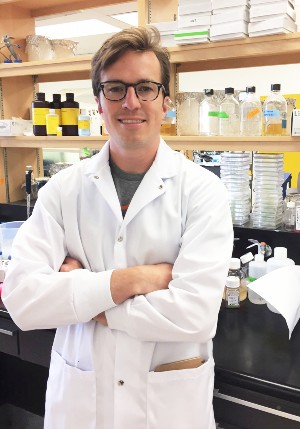Marine sponges provide unique and diverse niches for microbial communities, where bacterial symbionts can account for up to 60% of the mesohyl biomass. Since habitat diversity typically correlates with microbial diversity and in turn, chemical diversity, it is not surprising that marine sponges are known for their rich arsenal of bioactive secondary metabolites. A high percentage of these metabolites belong to an interesting family of brominated tyrosine derived alkaloids that display antimicrobial and cytotoxic properties. There is increasing evidence that the symbiotic microbes are the true producers of these secondary metabolites, rather than the invertebrate host. Since a great majority of sponge microbes do not remain viable in culture, access to their secondary metabolites is limited. Thus, new approaches are needed to address this major obstacle of sustainably fermenting bioactive metabolites. The objective of this research is to assess the microbial diversity of selected marine sponges and determine the ability of sponge-associated microbes to produce brominated bioactive compounds. This will be accomplished by combining conventional methods with novel molecular-based approaches to study key genes involved in the biosynthesis of brominated compounds. The origin of the genes will then provide evidence to determine the biosynthetic producers of these brominated bioactive metabolites.
Ph.D. University of Prince Edward Island, Canada (Sept 2012 - May 2019)
Biomedical Sciences, Marine Natural Products
M.S. Johns Hopkins University, Maryland (Sept 2002 - Sept 2005)
Biotechnology
B.S. Towson University, Maryland (Sept 1996 - Dec 2000)
Biology with Chemistry minor
Work Experience:
Bermuda Institute of Ocean Sciences, St. George’s, Bermuda
Phytoplankton Ecology Lab – Marine Particle Imaging Lab
Research Technician (Jul 2010 –May 2012)
Responsibilities: Managed the Flow Cytometry Facility (MARPIL), through which every project in the Phytoplankton Ecology Lab (and other labs) was executed. In less than 2 years, became an expert in operating and troubleshooting the BD Influx flow cytometer and cell sorter and developed optimal efficiency for completing enumeration and 90-99% pure sorting of oceanic samples (phytoplankton, heterotrophic bacteria, and eukaryotes). As a Scientist on the R/V HSBC Atlantic Explorer (research vessel), executed Conductivity, Temperature, Depth (CTD) deployment, stable isotope incubations, and filtrations of ocean water samples. Solely responsible for converting MARPIL into a mobile ‘at sea’ lab on cruises lasting 5 – 17 days, for a total of 2 months at sea. This accomplishment placed me in a category of one of a few other scientists in the world who have been able to achieve a fully functioning flow lab at sea.
Meso-Scale Discovery, Maryland
Critical Reagents Group
Research Associate (Jan 2009-Jul 2010)
Responsibilities: Contributed to the development of sandwich based ELISA “type” assays, utilizing MSD proprietary Electro-chemiluminescence (ECL) and multi-array technologies, which are used by research laboratories and drug development companies around the world to analyze disease states through the characterization and quantification of biomarkers. Responsible for assessing and optimizing the critical reagents used to develop MSD assays that provided highly sensitive, quantified, reproducible results. Maintained inventory, proper handling and storage of critical reagents utilized for assays. •
Aeras Global TB Vaccine Foundation, Maryland
Immunology Vaccine Assessment Group
Research Specialist (Dec 2005-Dec 2008)
Responsibilities: Supervised the Vaccine Assessment group devoted to assessment of Tuberculosis vaccine studies using a variety of in vitro immunoassays, and executed analysis of multi-color flow cytometry data. Focused on looking for poly-functionality of cells and correlations with protection of TB. Successfully accelerated the validation and qualification of human Intracellular cytokine assay for use in Pre-clinical and Phase I clinical trials according to GLP regulations, and was responsible for writing qualified standard operating procedures (SOP) required for maintaining quality control of the assays.
Johns Hopkins University, Maryland
Cancer Research Department
Senior Lab Technician Jun 2002-Dec 2005
Responsibilities: Supported clinical oncology trials for AML/CML, Multiple Myeloma, and Hodgkins Lymphoma, where patients received GM-CSF producing vaccines. Processed clinical blood samples using density-gradient centrifugation (ficoll), isolated plasma and PBMC’s, and used cells in a variety of assays to assess immune response to vaccines.
Publications:

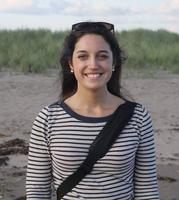








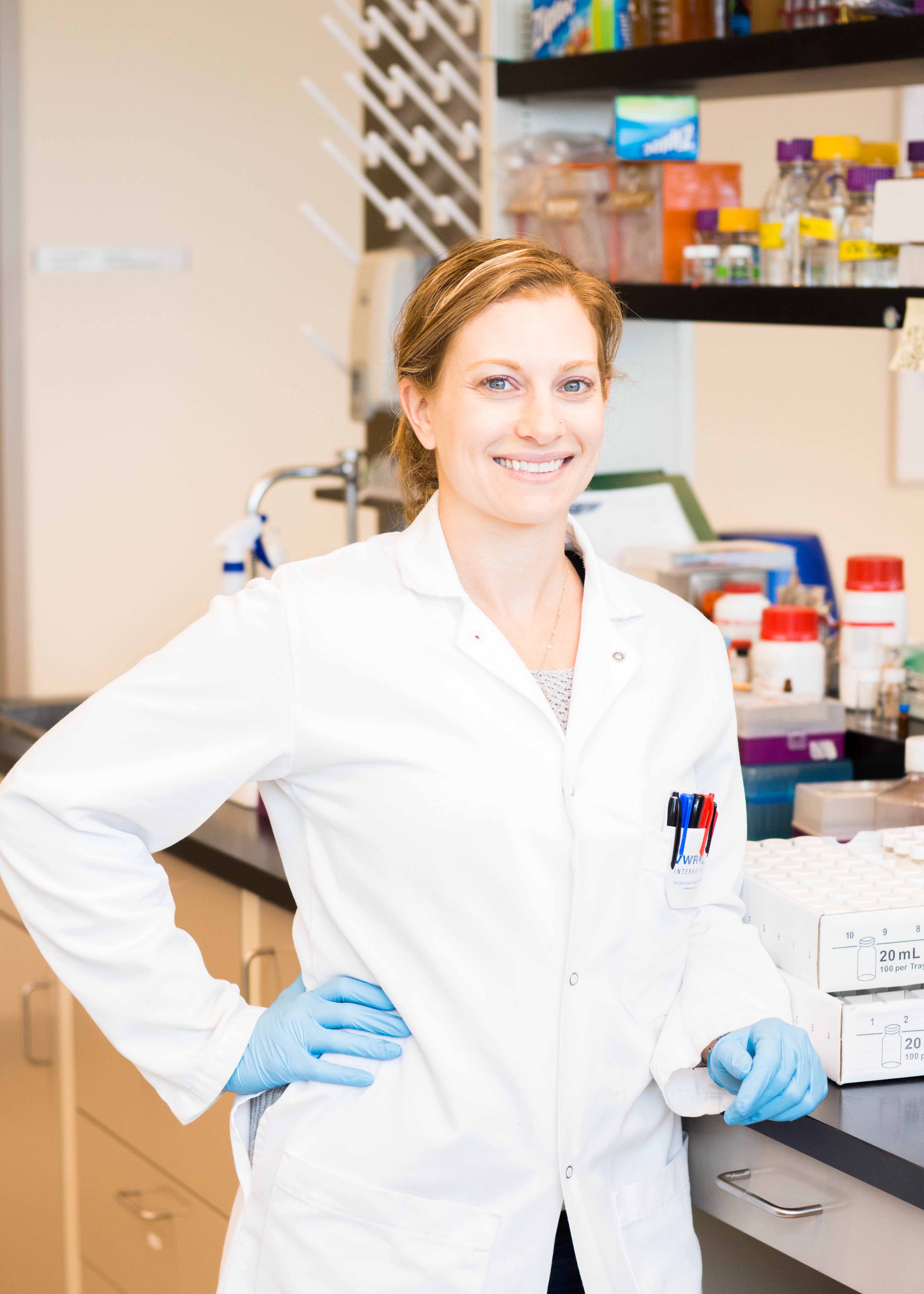
 Research Interests:
Research Interests:
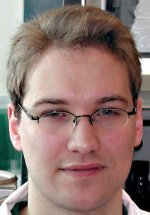

.jpg)
